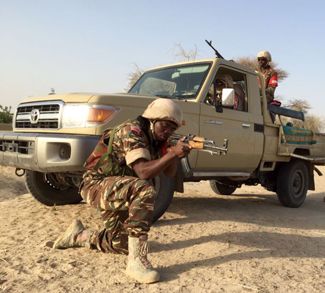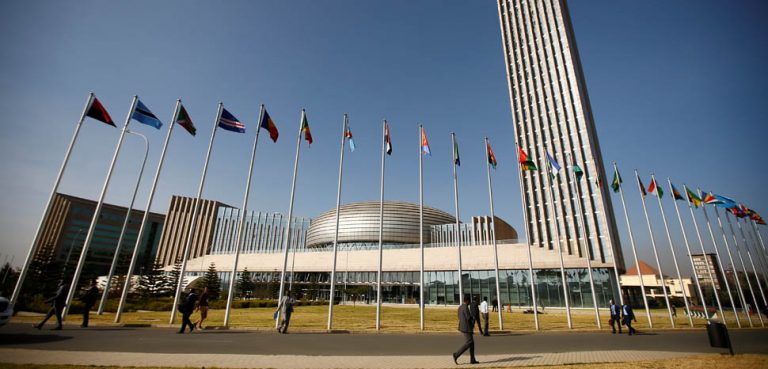Summary
Food insecurity is worsening in northern Nigeria, where the army and vigilante groups are still battling the remnants of Boko Haram. Though the militant group’s territorial control has been broken by a regional coalition of states, it has reverted to guerrilla warfare tactics, including suicide bombings and hit and run attacks. Boko Haram was behind a suicide bombing which killed five people in Maiduguri, the state capital of Borno on April 26. Pervasive insecurity has given way to widespread malnutrition in areas affected by the ongoing violence from Boko Haram extremists, the Nigerian military, and a plethora of vigilante groups formed to fight the Islamists. Moreover, UN officials have named Nigeria, together with Somalia and South Sudan, as three places where manmade crises are combining with drought to create the largest humanitarian crisis since the creation of the United Nations.
Background
Boko Haram down but not out. Though much reduced in power, Boko Haram has outlasted similar groups in northern Nigeria’s history, and it has also built up an operational presence in neighboring states to carry out attacks and gather fresh recruits. Its fighters now mainly operate out of the vast Sambisa forest and the Mandara Mountains near the border with Cameroon. Since Boko Haram recruits mainly from among the Kanuri ethnic group, who inhabit parts of Niger, Nigeria, Chad, and Cameroon, its men are already familiar with the terrain in these areas. Through raids on banks and military bases during the time it controlled parts of northeast Nigeria, the organization still maintains a large amount of military weaponry and funds. It is estimated to control around 9,000 fighters at present, and includes a number of specialist bomb-making cells among its ranks.




